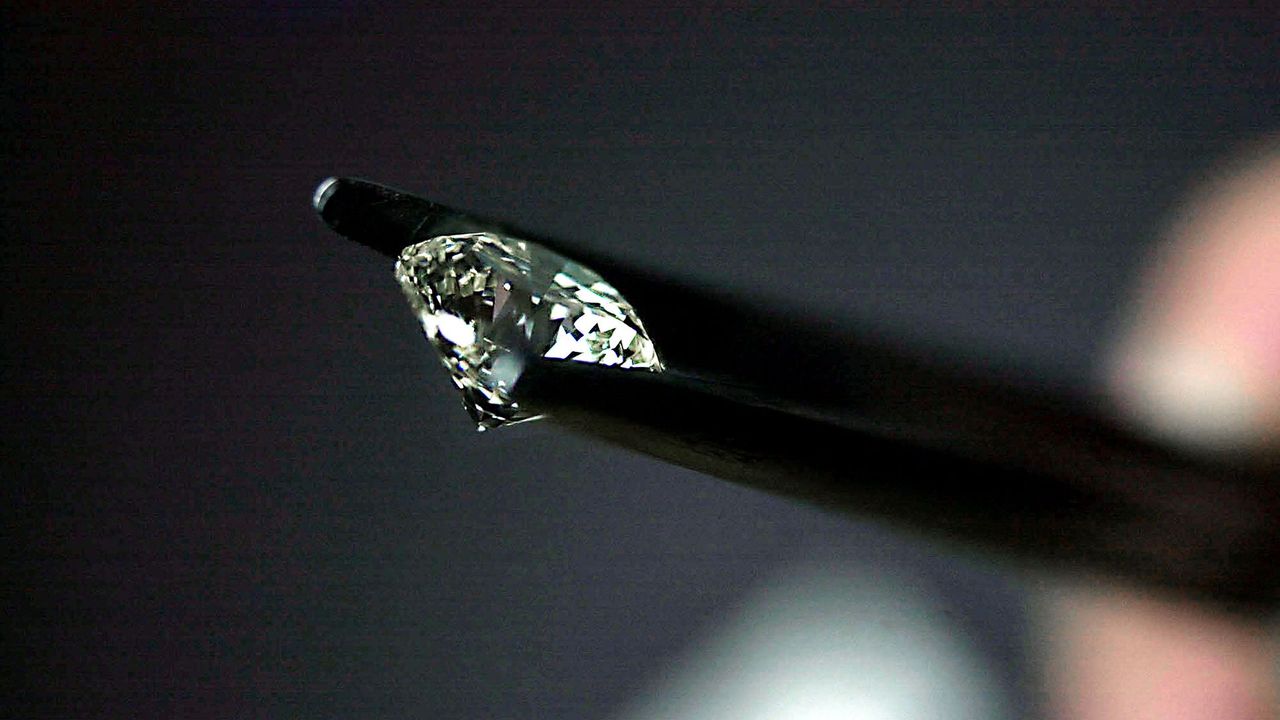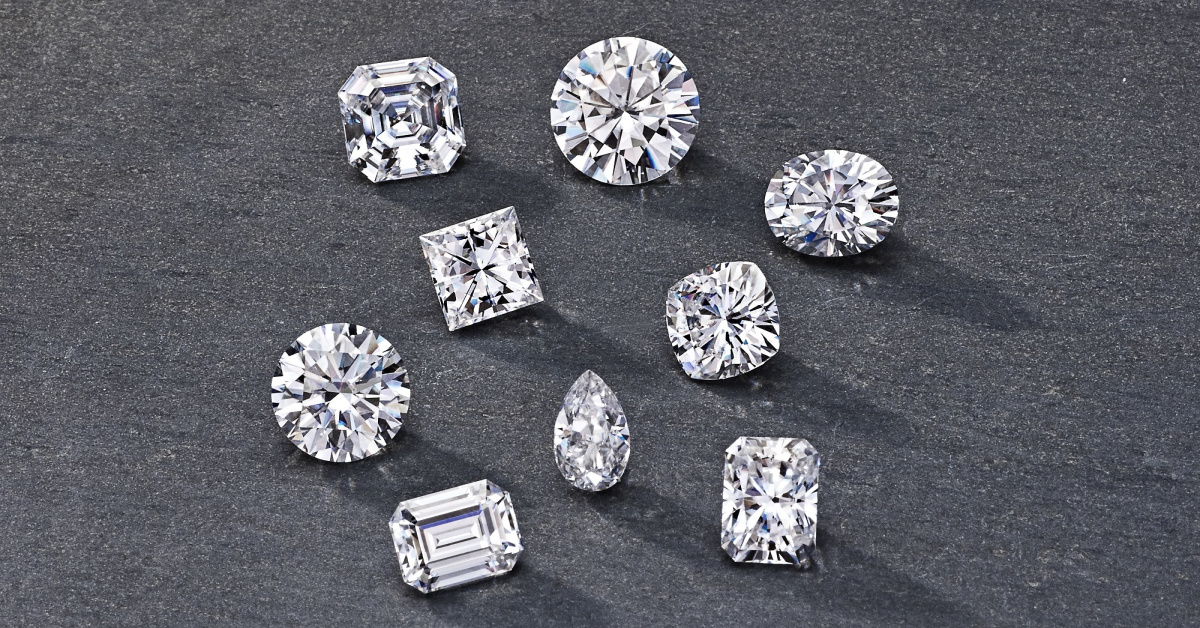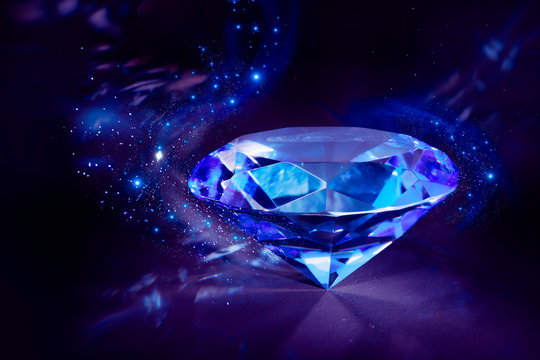Introduction: A Paradigm Shift in the Diamond Industry
In recent years, lab-grown diamonds have emerged as a revolutionary force in the world of fine jewelry. With their ethical sourcing, sustainable production methods, and impeccable quality, lab diamonds are poised to redefine the future of the diamond industry. In this article, we explore why lab diamonds are the future of fine jewelry and the key factors driving their ascent.
Understanding Lab Diamonds: The Epitome of Innovation
What are Lab Diamonds?
Lab Diamonds Are The Future, also known as synthetic or cultured diamonds, are created in controlled laboratory environments using advanced technological processes that replicate the natural conditions under which diamonds form in the earth’s mantle. These diamonds are chemically, physically, and optically identical to their mined counterparts, but with the added benefits of ethical sourcing and sustainable production.
The Advantages of Lab Diamonds
- Ethical Sourcing: Unlike mined diamonds, which are often associated with issues such as unethical labor practices and environmental degradation, lab diamonds are produced in laboratories under strict ethical standards. This ensures that no harm is inflicted on communities or the environment in the process of diamond extraction.
- Sustainable Production: Lab-grown diamonds have a significantly lower environmental impact compared to mined diamonds. By eliminating the need for large-scale mining operations, lab diamonds help conserve natural resources, reduce carbon emissions, and minimize habitat destruction.
- Exceptional Quality: Lab Diamonds Are The Future exhibit the same brilliance, clarity, and durability as mined diamonds, making them indistinguishable to the naked eye. With advancements in technology and production methods, lab diamonds can now be produced in larger sizes and higher qualities, offering consumers a wider range of options to choose from.
Lab Diamonds Are The Future: Key Drivers of Growth
Technological Advancements
Advancements in diamond synthesis technology have played a pivotal role in driving the growth of the lab-grown diamond industry. Innovations such as the Chemical Vapor Deposition (CVD) and High Pressure-High Temperature (HPHT) methods have made it possible to produce high-quality diamonds with greater efficiency, scalability, and consistency.
Shifting Consumer Preferences
Today’s consumers are increasingly conscious of the ethical and environmental implications of their purchasing decisions. As awareness grows about the negative impacts of traditional diamond mining, more and more people are turning to lab-grown diamonds as a sustainable and responsible alternative. This shift in consumer preferences is driving demand for Lab Diamonds Are The Future and fueling the industry’s growth.
Industry Adoption and Investment
Major players in the jewelry industry, including renowned brands and retailers, are embracing lab-grown diamonds and incorporating them into their product offerings. This widespread adoption reflects a growing acceptance of lab diamonds as a legitimate and desirable choice for fine jewelry. Additionally, significant investments in research, development, man made diamonds, and marketing are further propelling the industry forward and cementing lab diamonds’ status as the future of fine jewelry.
Conclusion: Embracing a Sustainable Tomorrow
In conclusion, Lab Diamonds Are The Future are not just a passing trend; they are the future of fine jewelry. With their ethical sourcing, sustainable production methods, and exceptional quality, lab-grown diamonds offer a compelling alternative to traditional mined diamonds. As technology continues to advance and consumer awareness grows, the demand for lab diamonds will only continue to rise. By embracing lab diamonds, we can pave the way towards a more ethical, sustainable, and dazzling future for the diamond industry.




